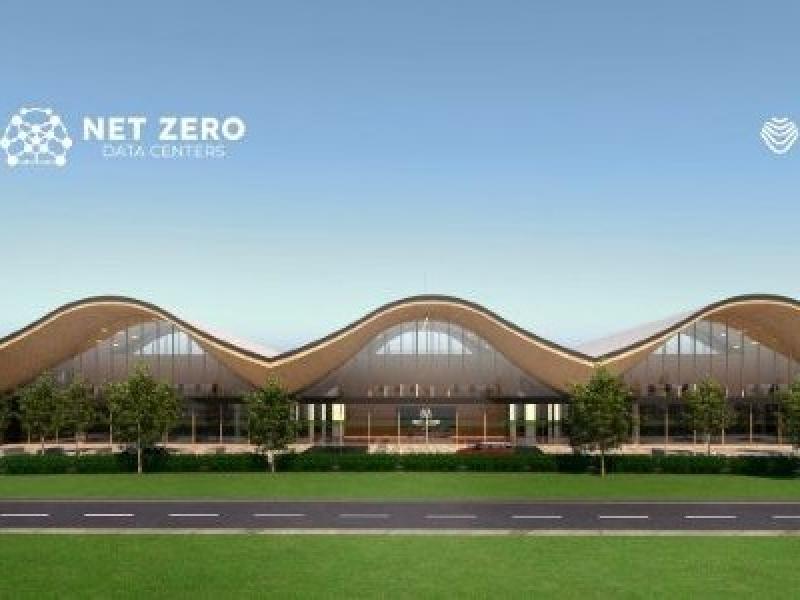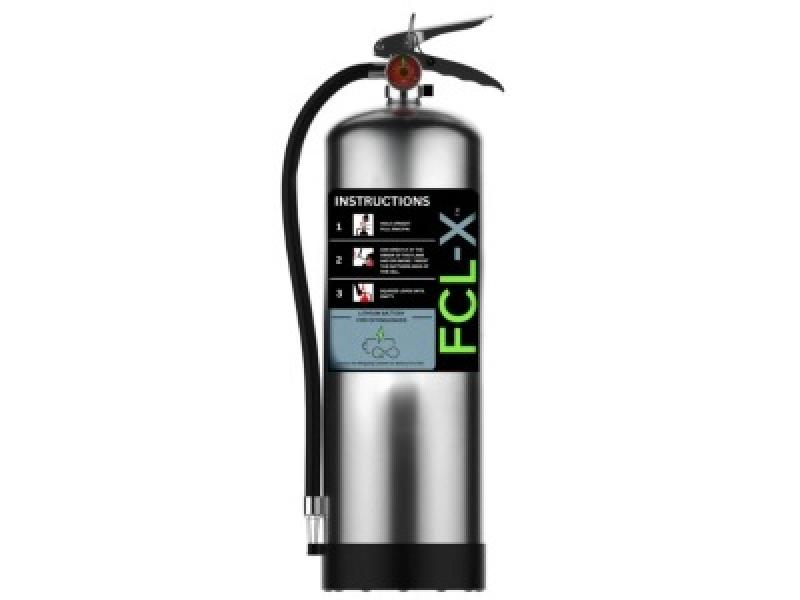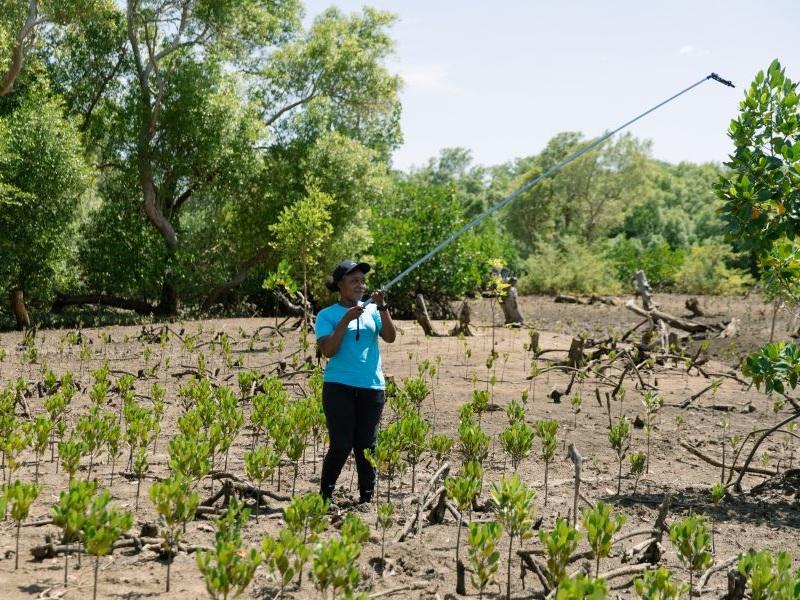
FortisBC’s innovative technologies team (left to right), Jim Kobialko, Marysol Escamilla, Mila Barbour and Rav Deol pictured with a Robur GAHP-A gas absorption heat pump. (Courtesy FortisBC)
Provincial electricity and natural gas utility FortisBC Energy Inc. has introduced gas absorption heat pumps in seven different buildings in the province.
Locations include a healthcare centre, a fire hall as well as multi-unit residential buildings. The use for the heat pumps will vary from heating to ventilation to hot water.
During testing, the pumps reduced energy use by up to 35 per cent and could potentially cut GHG emissions by half.
FortisBC, which is headquartered in Kelowna and Surrey, will work with the building owners over the next two years to better understand the technology and maximize energy efficiency. The organizations involved can further reduce emissions by choosing to use 100 per cent renewable natural gas for the heat pumps.
“This is the starting point, it’s not the end point. We’re excited to work with them and see how the heat pumps work in the specific buildings,” said Lauren Lea, a corporate communications specialist at FortisBC.
“Then down the road, we’re looking at it like this is the next generation of high-efficiency gas technology. Down the line as people and customers and commercial businesses are looking to decrease greenhouse gas emissions and save on their operational costs, these could be a solution for them.”
The company can provide $20,000 in feasibility study funding so organizations can better understand how this technology can work in their facilities.
FortisBC can also offer up to $35,000 in rebates for eligible building owners for installation. Specific rebates vary based on the building’s needs.
Some of the heat pump models available include those from Italian company Robur S.p.A. and Vicot Air Conditioning Co. Ltd. based in Dezhou, China. For Robur’s GAHP-A model, the company states on its website the units save 3.9 tonnes in CO2 emissions annually, equivalent to the amount absorbed by 550 trees.
Heat pump test phase
FortisBC began testing gas absorption heat pumps in 2019 with its innovative technologies team. The team’s role is to look at new technologies coming to the market, bring them into the province and test energy efficiency.
At the time, the team installed 14 Robur gas absorption heat pumps in seven commercial buildings, primarily in the Lower Mainland.
“They were going to test these units (for) just over a year. It started in 2019, so then COVID hit in 2020. The timeline was shifted a little bit, but they measured the performance efficiencies for just over a year,” Lea said.
“They collected feedback from the contractors (and) the pilot participants to see how did they work for the units, did they see any disruptions in the service, anything like that. They had no complaints, no interruptions to service during that period.”
Lea said contractors found the installation process similar to that of a gas boiler.
To be eligible to install the heat pump, a FortisBC customer — available for any rate class except Rate 1 — must be a property owner or long-term leaseholder of an existing commercial or industrial building. The pump must be installed for a retrofit application and the building must have dedicated outdoor space on the ground or rooftop levels.
A cleaner future
FortisBC, a subsidiary of Newfoundland’s Fortis Inc. — Canada’s largest private utility company — has an overall target to cut 30 per cent of its customers’ GHG emissions by 2030.
Part of the province’s CleanBC Roadmap to 2030 involves a commitment to make all new space and hot water equipment at least 100 per cent energy efficient.
In May, FortisBC announced the installation of different high-efficiency heat pump technologies in 20 residential homes across the Lower Mainland and Southern Interior. The pumps cut the energy needed for space and water heating by up to 50 per cent, lower GHG emissions, operate in colder winter conditions and exceed 100 per cent efficiency.
“We’re going to (do the) same thing; test and measure the efficiencies, see what the customers and the participants say about the technology, how it’s worked for them in the cold temperatures versus hotter temperatures or whenever they need to use it,” Lea explained.
In 2021, FortisBC invested almost $120 million in conservation and energy efficiency programs – breaking the $100 million mark for the first time. Between 2019 and 2021, the company invested around $275 million in these programs.
For 2022, the British Columbia Utilities Commission has approved the company to invest a projected $122 million in energy efficiency.
“Looking ahead, we want to be able to give customers options for how they decarbonize,” Lea said. “Energy efficiency and this technology is one and I think we’re really excited to be testing the units for residential, and we’re really excited that the pilot came back positive for the commercial ones.
“We’re starting to roll this out to the larger public as well.”
Correction: The absorption pumps were mistakenly referred to as “absorptive,” and the number of buildings the pumps were tested on was incorrect. We regret the errors.










